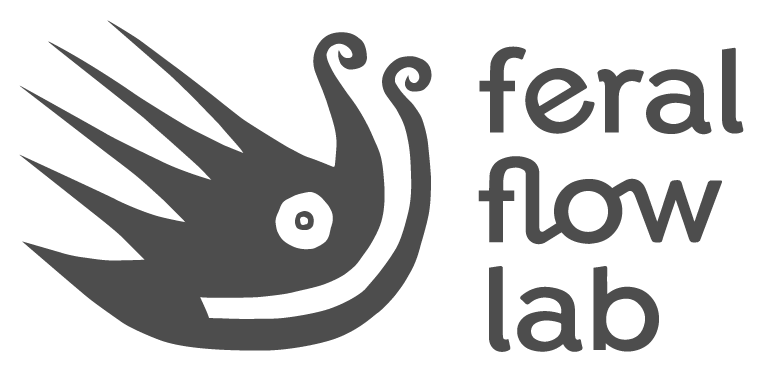The first time I heard the term “pathological demand avoidance” (PDA), a description of a set of behaviors usually characterized as an extreme avoidance of everyday demands and requests, I felt simultaneously called out and annoyed. “Oh my god that’s me!” I thought (as an image of my mother vehemently nodding popped up in the back of my mind). And then immediately I thought “BUT, BUT, BUT…!!” (and wondered if those “buts” in and of themselves were evidence of my avoidance, or PDA).
Some time later, I came across a post reframing PDA as a “persistent drive for autonomy,” an alternate description that felt much more amicable to my system, and simply truer.
As I’ve touched into that inner feeling of digging in my heels when someone demands something of me (or even suggests I do something!), I’ve realized it’s always been accompanied by a feeling of overwhelm, or of losing the freedom to choose how and when to do things—because I’ve spent my entire life feeling like I’m swimming upstream, constantly told how I’m supposed to act, think, or feel, when it doesn’t resonate at all with how my mind naturally works and how I actually function. And not only that: my “discipline” and ability to “follow through” have been so continuously questioned that I’ve become used to questioning them myself.
One small moment that comes to mind as I write this is how, as a child, I had a burning desire to learn how to play piano. I would spend hours on my own deciphering sheet music so I could play Bach, with occasional help and invaluable encouragement from my aunt (one of the only “teachers” I ever had who was able to make certain topics I was dragging behind in palatable to me). I was so obsessed I think I even begged for lessons. But as soon as I had a piano teacher and formal lessons, I lost interest. My progress ground to a halt despite all the rewards that were promised me for practicing.
Until recently, I thought of that moment as a huge failure of discipline.
But what if we didn’t consider this a pathological response? Wouldn’t it be much wiser to understand that, as neurodiverse humans, whether we have rainforest minds, are autistic or VAST (ADHD), have sensory processing sensitivities, or are otherwise atypically wired, we are just entirely over being pushed and prodded to do things in ways that don’t suit us? Because I also simultaneously notice the parts of me that would like to please and accommodate both loved ones and strangers alike, how a part of me would love to be able to “just say yes,” but can’t. As I’m aware of these other parts of me and the considerable space they take up in my inner system, I know it’s not just a stubborn willfulness that has me bucking against demand.
And meditating on it further, I think: even better than or in addition to reframing PDA as a “persistent drive for autonomy,” I would characterize it as a “persistent desire for agency.” Whenever I am given the chance to move at my own pace and rhythm, when there is enough spaciousness, I inevitably move forward. I choose to move forward.
I’ve now learned to harness that in my favor, not allowing my art teachers’ complaints of “you never listen” to stop me from learning by trial and error on my own—something that’s made my creative practice entirely more fruitful. Which reminds me of something Jean Piaget affirmed: “Each time one prematurely teaches a child something he could have discovered himself, that child is kept from inventing it and consequently from understanding it completely.” I would argue this is no less relevant for adults.
Another aspect of this to consider is that often when someone makes a demand of us—whether that be a friend, coworker, boss, family member or even stranger—we may need more time to review how the request sits with us, or we may require more information than is initially given. For example, I often dig in my heels when asked to do something if I don’t have clarity about the why and how of what is being asked of me, or if I can’t visualize all the steps involved and how they fit into the larger picture.
I especially appreciate being able to feel out if what is being asked of me makes sense, and many times I can come up with a better or more efficient way of doing it (workflows and efficient/effective design are a bit of an obsession for me). This is sometimes interpreted as being “difficult” or “uncooperative.” It’s true that sometimes I may actually be evaluating whether I want to participate at all (which is fair enough in and of itself), but at other times it’s only that I need more information and background to feel like I can perform a task adequately, even if it’s within what would be considered a normal request at work or in home life (and perhaps obvious to others).
In the ideal world I would like to live in, “avoidance” would never be characterized as pathological, would instead always be understood as a desire for agency and choice with an oh-so-important, oh-so-understandable need underlying it.


 English
English Español
Español
Recent Comments